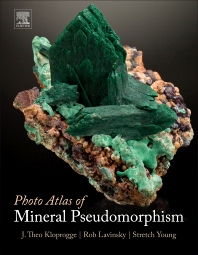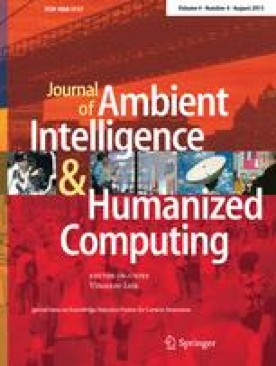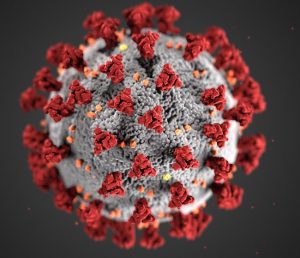Elsevier plans to remove the introduction from a book on mineralogy after investigating allegations of plagiarism, including from another Elsevier publication, according to emails obtained by Retraction Watch.
Photo Atlas of Mineral Pseudomorphism by J. Theo Kloprogge and Robert Lavinsky, was published in 2017 and still appears to be for sale for $100 for a hardcover and ebook bundle. (The usual price is $200, but there is a sale on at the time of this writing.) Its listing on ScienceDirect includes the introduction with no note about removal.
As we’ve previously reported, Elsevier last year retracted an entire book by Kloprogge, an adjunct professor at the University of the Philippines Visayas and honorary senior fellow at the University of Queensland, that plagiarized heavily from Wikipedia.
According to the emails we obtained, Gloria Staebler, of mineralogical publisher Lithographie, Ltd., noticed the plagiarism in the book in May while preparing to formally publish a manuscript by Si and Ann Frazier that had been circulated in a mineral club newsletter in 2005. In a May 31st email to an editor at Elsevier, Staebler laid out her evidence:
Continue reading An Elsevier book plagiarizes an abstract published by…Elsevier







